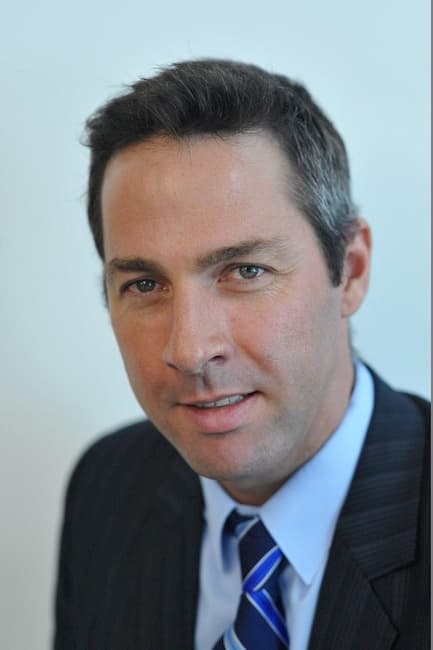Sustainable finance could help drive Africa’s recovery from COVID-19 while also incentivising much-needed investments in the green economy and social development.
The global pandemic has set back the continent’s growth and demanded new approaches to economic development. It has also highlighted the importance of sustainability and raised the focus on environmental, social and corporate governance (ESG) issues.
Even before COVID-19, the sustainable finance market was flourishing. In 2019, sustainable debt issuances reached a record high of US$415 billion globally – up 60% from the prior year. Green bonds still dominate the sustainable finance market, but other products, including green loans, social bonds and sustainability loans, are fast playing catch-up, with the market becoming increasingly diversified to meet growing demand.
For the time being, Africa accounts for a negligible share of the global sustainable finance market, but the continent is starting to play catch-up as more corporates and investors recognise the benefits that these funding solutions offer. For example, corporates can benefit from lower funding rates if they achieve various predetermined ESG outcomes.
We believe that Africa is primed for a sustainable finance boom, given its immense potential in the renewable energy space and its ongoing developmental challenges.
READ ALSO: Nigeria Should Invest More In Infrastructure – NSIA
Standard Bank launched its first ever-green bond, via a private placement with the International Finance Corporation (IFC), in March this year. The US$200 million bonds will be used by the group’s Sustainable Finance Business Unit to fund eligible green assets – renewable energy, energy efficiency, water efficiency and green buildings – aligned to our Sustainable Bond Framework.
Partly due to the impact of COVID-19, we are already seeing a surge in client interest in financial products that promote a more sustainable economy.
For instance, the pandemic is boosting demand for bonds that fund social projects, and this trend is expected to last well into the future. Corporates are increasingly expected to maximise their social impacts and uplift the communities in which they operate.
Given Africa’s immense unmet energy needs, we expect to see a wave of decentralised green energy projects as corporates and municipalities look to secure reliable and affordable power supplies while also furthering their ESG agendas.
African governments will also need to procure more power in the months ahead as demand recovers and the supply shortfall widens. The fastest and most cost-effective way to address the supply gap is through renewable power projects, which are now the most economically viable source of energy in most countries. Further, advances in battery storage technologies, coupled with cost declines, mean renewables are becoming increasingly attractive and viable.
Technologies such as hydro, wind and solar have proved their resilience in the face of the COVID-19 crisis, having allowed national grids to become more flexible to fluctuations in demand.
Meanwhile, the sustainable finance market is also being driven by investors, who are increasingly gravitating towards ESG-linked assets partly on the premise that they outperform over the long term.
In this context, we believe that our US$200m bond issuance is a significant and important step forward for our Sustainable Finance Unit, which is growing in importance to the group as demand for these solutions rises.
In September, Standard Bank closed a sustainability-linked loan with Equites Property Fund, a JSE-listed real estate investment trust (REIT) focused on logistics assets in South Africa and the UK. The interest rate on the loan is linked to Equites’ achievement of certain pre-agreed ESG performance targets.
Standard Bank was also the lead arranger for Acorn Holdings’ green bond issuance in Kenya. This was East Africa’s first-ever green bond and the proceeds are going towards environmentally-friendly student accommodation in Nairobi.
We expect to conclude more funding deals that unlock green projects aimed at mitigating climate change, and that enable social projects that reduce economic and social inequality.
Ultimately, Africa is well placed to become a major player in the global sustainable finance market. And given the continent’s massive funding needs, sustainable finance will play an important role in shoring up global and local capital for high-impact projects.
For more information on Standard Bank’s sustainable finance business unit, including the transactions it has completed to date, visit the unit’s webpage: https://corporateandinvestment.standardbank.com/cib/global/products-and-services/investment-banking/sustainable-finance













